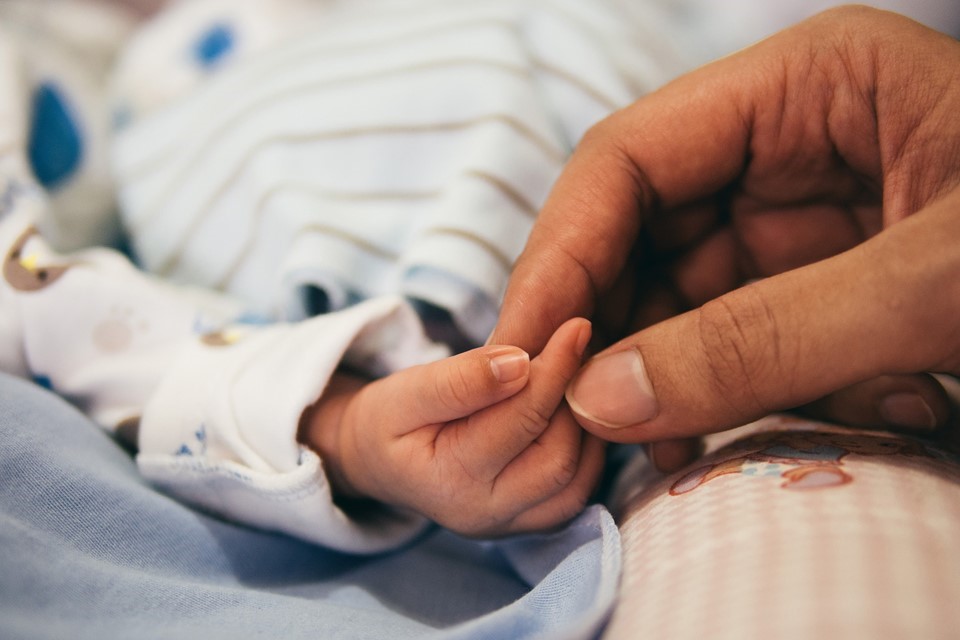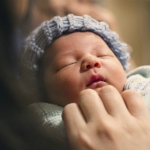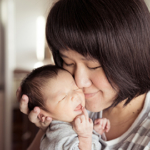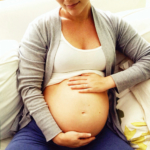The National Pregnancy Registry for Atypical Antipsychotics was created in order to evaluate the safety of atypical antipsychotic medications taken by women during pregnancy. Since its inception, we have enrolled over 3000 women in the registry, and we have been able to publish data on the reproductive safety of aripiprazole (Abilify), olanzapine (Zyprexa) and quetiapine (Seroquel). Now we have some preliminary data on the use of lurasidone (Latuda) during pregnancy.
The National Pregnancy Registry for Atypical Antipsychotics is a prospective pharmacovigilance program in which pregnant women between the ages of 18 and 45 are enrolled and interviewed during pregnancy. Medical records are reviewed to confirm the presence or absence of major malformations.
Of the 2,293 women enrolled at the time of analysis, there were 134 in the lurasidone exposure group, 264 in the quetiapine exposure group, and 886 controls. The risk of major malformations was 2.19% in the lurasidone group, 1.85% in the quetiapine group, and 1.77% in the controls. Odds ratios comparing lurasidone and quetiapine with controls were 1.24 (95% confidence interval [CI] = 0.36-4.32) and 1.04 (95% CI = 0.38-2.85), respectively. No specific patterns of malformations were observed in infants exposed to the medications.
Reassuring Data But More Data on Lurasidone is Needed
The newer atypical or second-generation antipsychotic agents are used to treat a spectrum of psychiatric disorders, including psychotic disorders, bipolar disorder, major depression, PTSD and other anxiety disorders. Our data on the reproductive safety of these newer atypical agents is growing.
This study provides reassuring data regarding the safety of prenatal exposure to lurasidone and quetiapine in a sample of well-characterized participants followed prospectively and is consistent with previous studies assessing infants exposed to this class of medications. Based on the findings of this study, it appears that lurasidone and quetiapine do not appear to be major teratogens. No studies thus far have demonstrated an increase in risk of malformations in children exposed to atypical antipsychotics.
While the preliminary data from this study is reassuring, larger numbers of participants are needed to provide more complete data regarding the reproductive safety of atypical antipsychotics as a class of medications. These findings, taken together with other studies, suggest that prenatal exposure to atypical antipsychotics does not appear to significantly increase the risk for congenital malformations, although we have very few documented exposures to some of the newest atypicals, including lurasidone (Latuda), iloperidone (Fanapt), brexpiprazole (Rexulti), and cariprazine (Vraylar).
The National Pregnancy Registry for Atypical Antipsychotics continues to recruit pregnant women taking atypical antipsychotic medications. CALL TOLL-FREE to learn more 1-866-961-2388 or fill out this Patient Interest Form to be contacted by our research coordinator. All information is kept strictly confidential. Participation consists of three phone interviews.
Ruta Nonacs, MD PhD
Cohen LS, Church TR, Freeman MP, Gaccione P, Caplin PS, Kobylski LA, Arakelian M, Rossa ET, Chitayat D, Hernández-Díaz S, Viguera AC. Reproductive Safety of Lurasidone and Quetiapine: Update from the National Pregnancy Registry for Psychiatric Medications. J Womens Health (Larchmt). 2023 Jan 30.







Leave A Comment